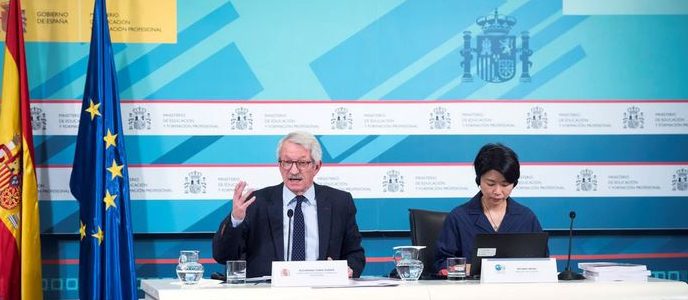Connect with us :
Connect with us :

Equitable Education Hub is a platform for education changemakers to polish their knowledge, learn, exchange tools and connect to improve equity, quality, inclusion, and equality in education.
Disclaimer
UNESCO does not warrant that the information, documents and materials contained in its website is complete and correct and shall not be liable whatsoever for any damages incurred as a result of its use.
To provide the best experiences, we use technologies like cookies to store and/or access device information. Consenting to these technologies will allow us to process data such as browsing behavior or unique IDs on this site. Not consenting or withdrawing consent, may adversely affect certain features and functions. https://equity-ed.net/cookies-policy/